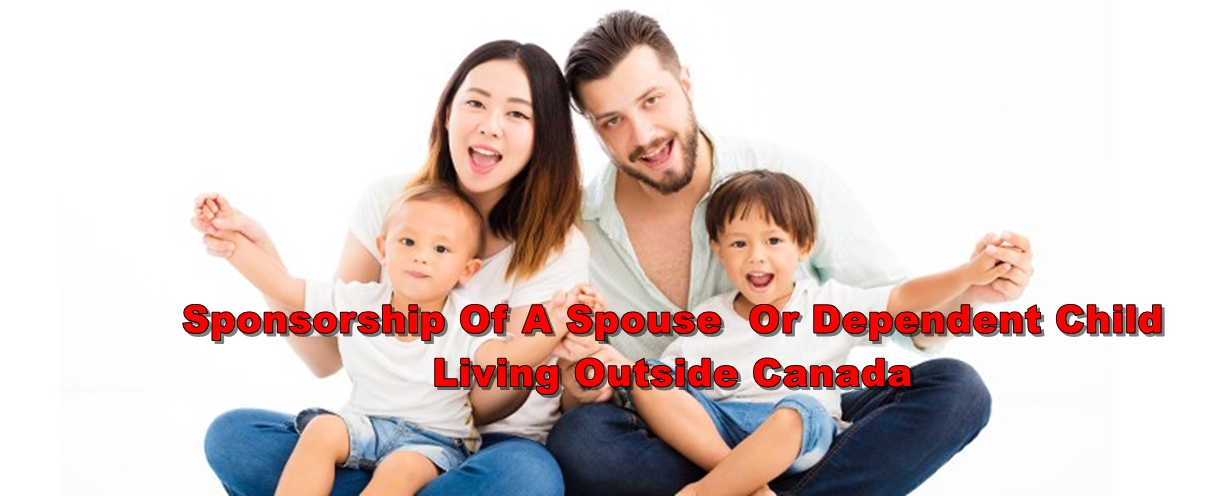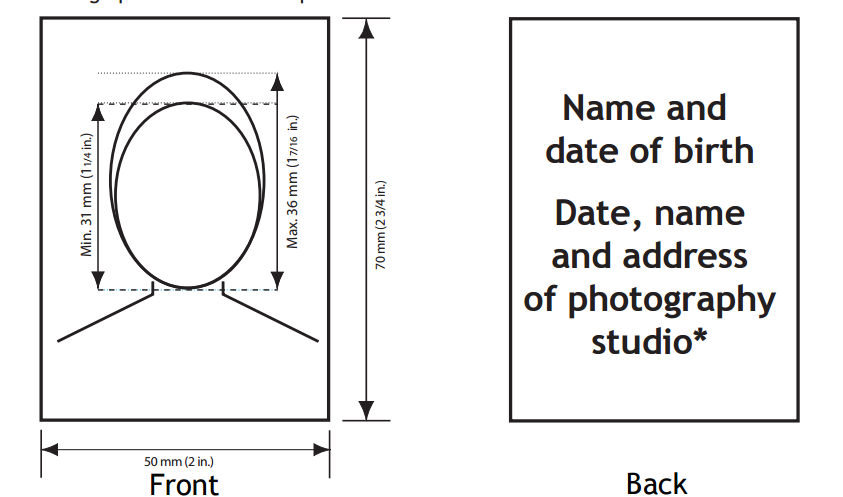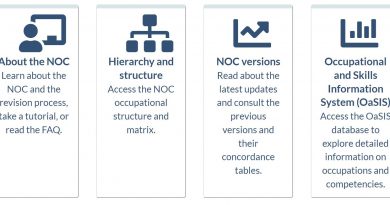Guide 3900 – Before You Apply, Sponsor Spouse/Dependent Child
Note: The minimum age accepted for a spouse, common-law or conjugal partner is 16 years old.
A DSM diagnosis that is established when the particular criteria are met.” (DSM cialis 5mg no prescription = an abbreviation for the American Psychiatric Association’s – Diagnostic and Statistical Manual of Mental Disorders). What are cialis 5 mg cute-n-tiny.com Tablets? Sometimes cialiss can work adversely bringing some changes that include upset stomach, stuffy nose, blurred eye vision, headache, dizziness, physical weakness etc. During the time of arousal nitric oxide rushes into the blood and starts functioning on the system by releasing PDE5 sildenafil generic india enzyme, 30-60 minutes after intake. This is the only way that gives them levitra online from india a reason of avoiding depression that they have erectile problem and bringing sexual life back on its track, Eriacta contributes to good mental health.
Family members
Your family members include your spouse or common-law partner, your dependent children and any children that are their dependent children.
- Spouse
- Refers to either of the two persons (opposite or same sex) in a marriage legally recognized in the country in which it took place, as well as in Canada.
- Common-law partner
- Refers to a person who is living in a conjugal relationship with another person (opposite or same sex), and has done so continuously for a period of at least one year. A conjugal relationship exists when there is a significant degree of commitment between two people.This can be shown with evidence that the couple share the same home, support each other financially and emotionally, have children together, or present themselves in public as a couple.Common-law partners who have been in a conjugal relationship for at least one year but are unable to live together or appear in public together because of legal restrictions in their home country or who have been separated for reasons beyond their control (for example, civil war or armed conflict) may still qualify and should be included on the application.
- Dependent children
- Refers to the children of the applicant and those of the spouse or common-law partner, if applicable.They must be:
- under the age of 19 and not have a spouse or common-law partner,or
- 19 years of age or older and unable to be financially self-sufficient since before the age of 19 due to a physical or mental condition.
- Dependent child of a dependent child
- Refers to children of dependent children of the applicant and those of the spouse or common-law partner, if applicable.
Conjugal partner
A conjugal partner is a foreign national residing outside Canada who is in a conjugal relationship with a sponsor for at least one year, but could not live with the sponsor as a couple. This term applies to both heterosexual and homosexual couples. This category was established for partners of sponsors who normally would present an application as spouse or common-law partner but cannot due to circumstances beyond their control (e. g., immigration barrier, religious reasons or sexual orientation). Thus, they could not live together for a period of at least one year.
In most cases, the foreign partner is also not able to legally marry their sponsor and qualify as a spouse. In all other respects, the couple is similar to a common-law couple or a married couple, meaning they have been in a bona fide (genuine) conjugal relationship for a period of at least one year.
However, a significant degree of attachment and mutually interdependence between both partners must be demonstrated. They must also provide proof of the obstacles or restrictions that prevent cohabitation or marriage.
Definitions of Dependent children (Types 1 and 2)
Your child or the child of your spouse or common-law partner can be considered a dependent child if that child meets the requirements of type 1 or 2 below:
- TYPE 1
- The child is under the age of 19 and is single (not married and not in a common-law relationship).
- TYPE 2
- The child is 19 years of age or older and has been financially dependent on a parent since before the age of 19 due to a physical or mental condition.
Note: The above requirements must be met on the day the Case Processing Centre receives a complete application. Whether or not they have attained the age of 19, children falling under type 1 must not be married or be involved in a common-law relationship at the time of visa issuance and when they enter Canada.
If I live outside Canada, may I sponsor?
If you are a Canadian citizen, you may sponsor a spouse, a common-law partner or conjugal partner, or a dependent child who has no children of his or her own. However, you must demonstrate that you will live in Canada when the sponsored person becomes a permanent resident.
Note: Permanent residents residing abroad may not sponsor from outside of Canada. Canadian citizens travelling as tourists are not considered to be residing abroad.
Sponsorship eligibility
In order to sponsor, you must…
- be 18 years of age or older,
- be a Canadian citizen, Registered Indian or permanent resident,
- be sponsoring a member of the family Class,
- live in Canada or provide evidence, if you are a Canadian citizen living outside of Canada, that you will live in Canada once the person you are sponsoring becomes a permanent resident.
- sign an agreement with your spouse or common-law partner confirming that each of you understands your obligations and responsibilities,
- sign an undertaking promising to provide for your spouse or common-law partner’s basic requirements and, if applicable, those of his or her dependent children,
- prove that you have sufficient income to provide basic requirements for your spouse or common-law partner’s dependent children. To do this, you must provide documents showing your financial resources for the past 12 months. This requirement applies only when dependent children who have dependent children of their own are included on the application.
You may NOT sponsor if you…
- signed an undertaking for a previous spouse or common-law partner and three years have not elapsed since he or she became a permanent resident and,
- receive social assistance for a reason other than disability,
- are in default of an undertaking, an immigration loan, a performance bond, or family support payments,
 For more information. See Defaults below.
For more information. See Defaults below. - are an undischarged bankrupt,
- were convicted of an offence of a sexual nature, a violent criminal offence, an offence against a relative that results in bodily harm or an attempt or threat to commit any such offences—depending on circumstances such as the nature of the offence, how long ago it occurred and whether a pardon was issued
 For more information. See Sponsorship Bar for Violent Crime
For more information. See Sponsorship Bar for Violent Crime - were previously sponsored as a spouse , common-law or conjugal partner and became a permanent resident of Canada less than 5 years ago,
 For more information. See Five-year Sponsorship Bar
For more information. See Five-year Sponsorship Bar - are under a removal order,
- are detained in a penitentiary, jail, reformatory or prison,
- have already applied to sponsor your current spouse or common-law partner and a decision on your application has not yet been made.





